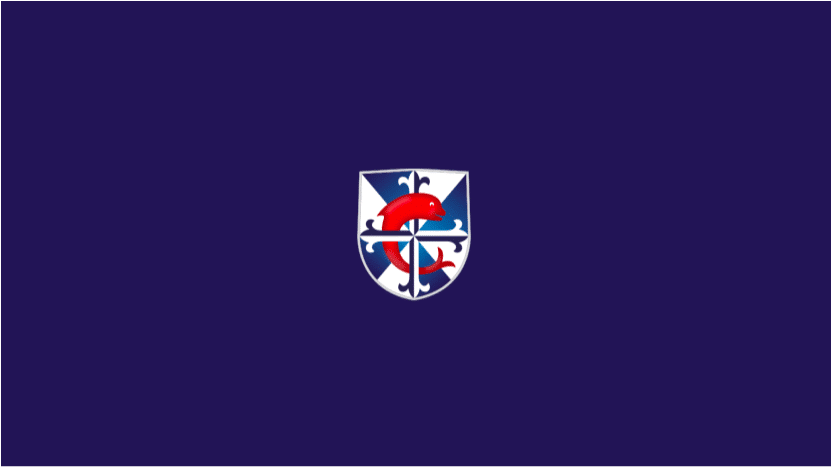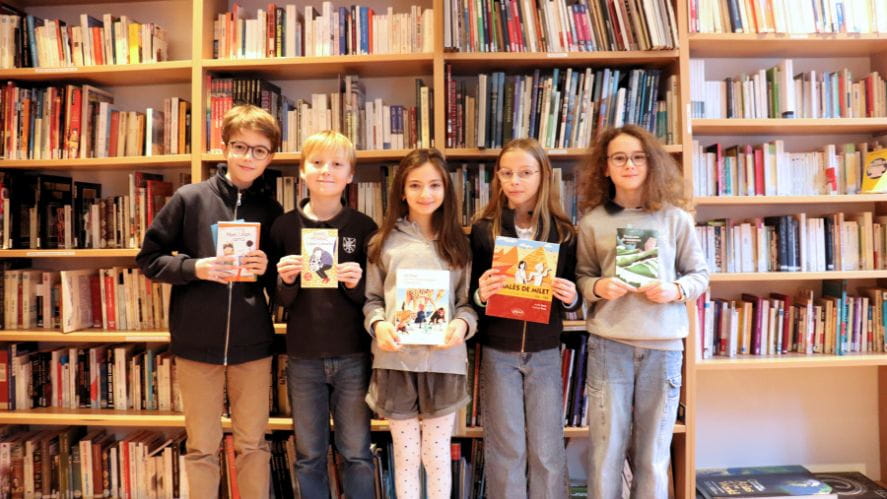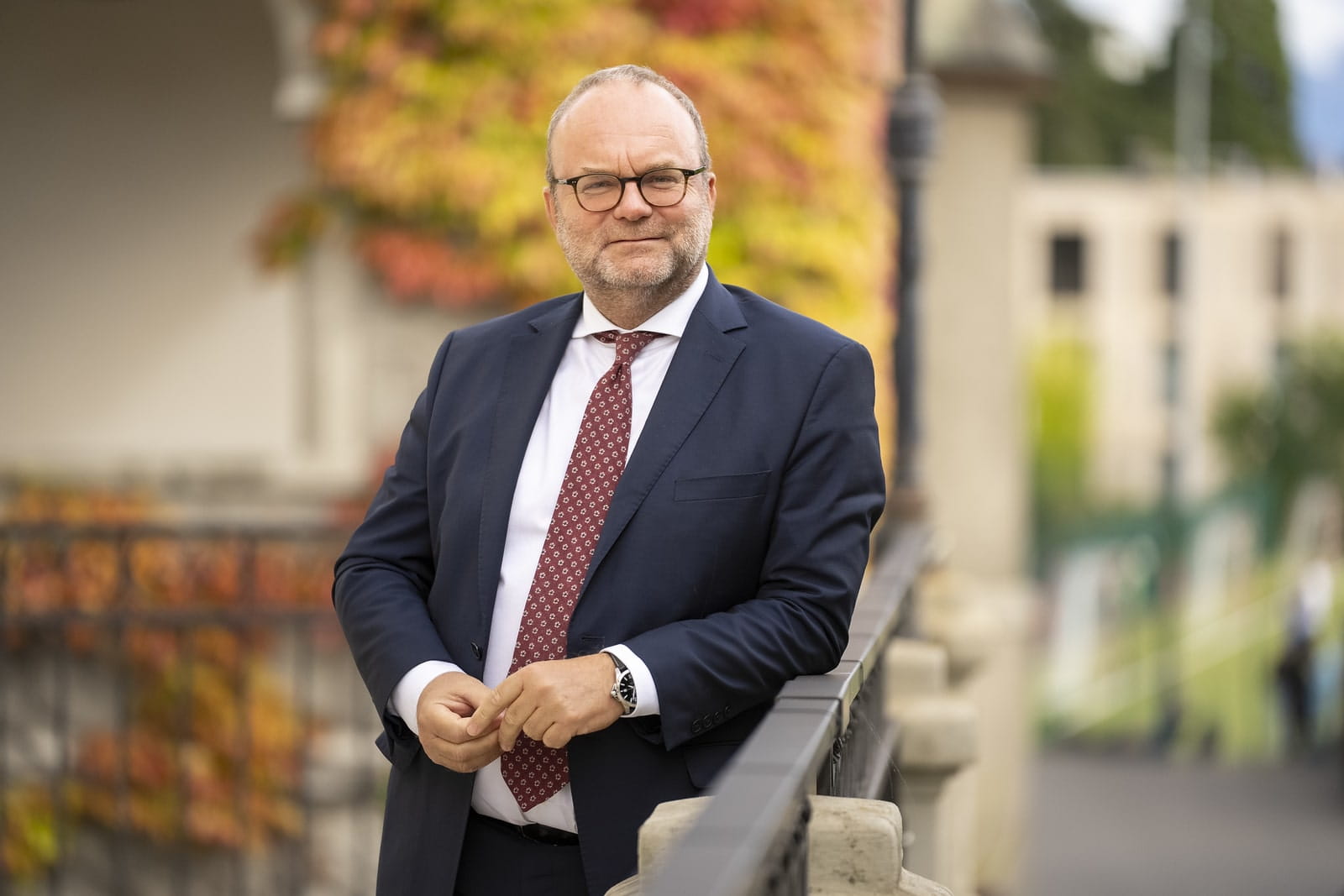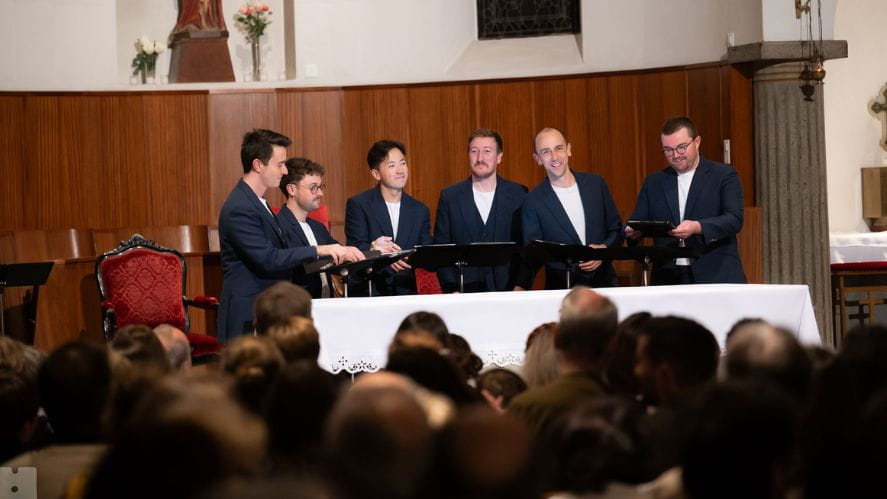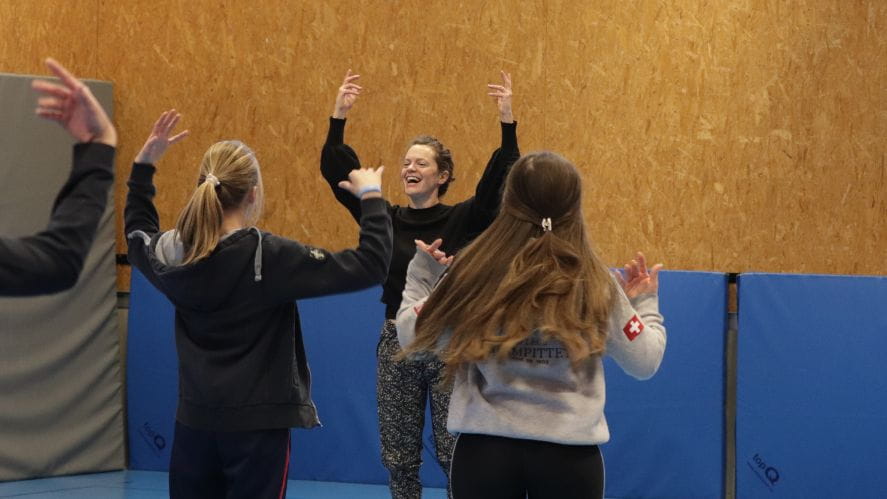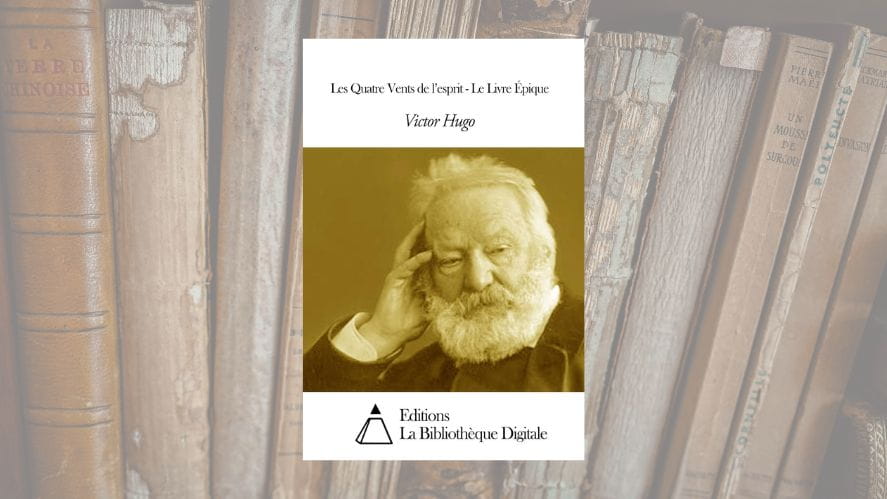The recent IB World Conference in The Hague unfolded against a backdrop of unprecedented advancements in artificial intelligence. Since consumer AI tools like ChatGPT emerged in November 2022, educational institutions, including Collège Champittet, have navigated a complex journey. The initial phase was dominated by critical assessments of AI's impact on academic ethics and integrity. Schools grappled with how to maintain authenticity in student work. This was swiftly followed by a second phase, where the focus shifted to recognizing AI's potential for enhancing productivity. Students and educators began leveraging these tools for tasks such as writing, translation, and creating dynamic presentations and videos, integrating them into the learning workflow. We are now deeply immersed in a third, more profound phase. Students are increasingly treating AI as a life companion—a daily conversational partner from whom they seek advice. Tools like Copilot and Perplexity have evolved beyond simple assistants into decision-making aids, a development that speaks to the underlying anxieties young people face about their future and life's challenges. This trend underscores a significant shift in the student-AI relationship, moving from utility to dependency.
The educational landscape is poised for another transformation with the advent of 'active agents' or agentic chatbots. Unlike their predecessors, these intentional AIs will be designed with specific purposes, such as directly helping students acquire knowledge or even attempting to alleviate adolescent melancholy. While seeking help is a legitimate and healthy part of growth, there is a critical distinction between using assistance and outsourcing one's own cognitive and volitional capacities. This presents a tangible risk to personal development. In response, the educational community at Collège Champittet is called to redouble its focus on what fundamentally makes us human. The unique, irreplaceable relationship between student and teacher is the cornerstone of this effort. It is founded on the human capacity for critical self-reflection, the constant questioning of 'why' and the search for meaning, and the mindful treatment of AI as merely one tool among many in the educational toolbox. Ultimately, the most enduring aspects of education—the genuine smile, shared humor, unsolicited acts of attention, and the beautiful imperfection of human interaction—are qualities that will long remain exclusively within the human domain, safeguarding the heart of the learning experience.

